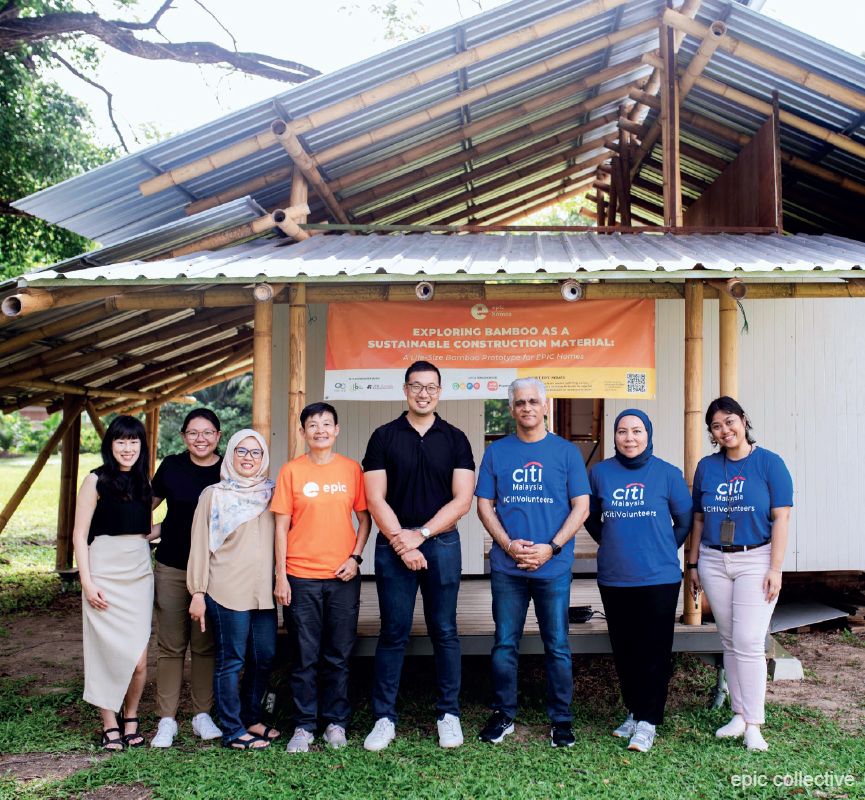This story begins with a simple mission by a group of university friends coming together to help a small village in Malaysia build a toilet and paint houses there. The experience impacted them profoundly and it led to the creation of EPIC Homes (now part of EPIC Collective) with the mission of bridging the urban and rural divide by building homes for communities in Peninsular Malaysia.
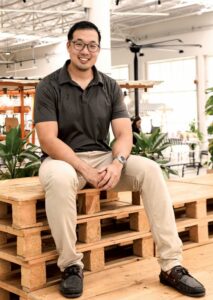 “It is not just about building homes but also about building relationships between urban and rural communities through the act of building houses. We want genuine relationships to develop and ensure that the villagers are not just a subject matter in academic books. They need to be friends. They need to be human,” says Oei John-Son, EPIC Collective founder and CEO.
“It is not just about building homes but also about building relationships between urban and rural communities through the act of building houses. We want genuine relationships to develop and ensure that the villagers are not just a subject matter in academic books. They need to be friends. They need to be human,” says Oei John-Son, EPIC Collective founder and CEO.
“We’ve seen many lives impacted by our movement — volunteers and Orang Asli. That gave us the conviction to keep going and to see how far we could grow and to see how big of an impact we could create,” he says.
EPIC Homes has started exploring bamboo as an alternative material to build houses more sustainably. “The Covid-19 pandemic and the Ukraine War are two big events that have caused the price of steel and, subsequently, other construction materials to shoot up. We rely on steel as it makes up the main structure of our houses. If we continue to rely on steel, our movement will not be sustainable [in the long run]. That spurred our exploration of alternative materials,” he adds.
“Bamboo is one of those plants that have the potential of being carbon negative. The more bamboo you harvest sustainably, the more carbon can be sequestered. A bamboo tree, when chopped properly, [is able to] absorb three to five times more carbon. This is because it needs to suck more carbon in order to produce more shoots. So, it has tremendous environmental benefits,” says Oei.
“Most bamboo trees are located around Orang Asli villages and it is a material that they are used to interacting with. Therefore, if we can successfully make this transition [from steel to bamboo], the Orang Asli community can directly benefit from this supply chain. They can play an even greater role in providing homes for their fellow villagers,” he explains.
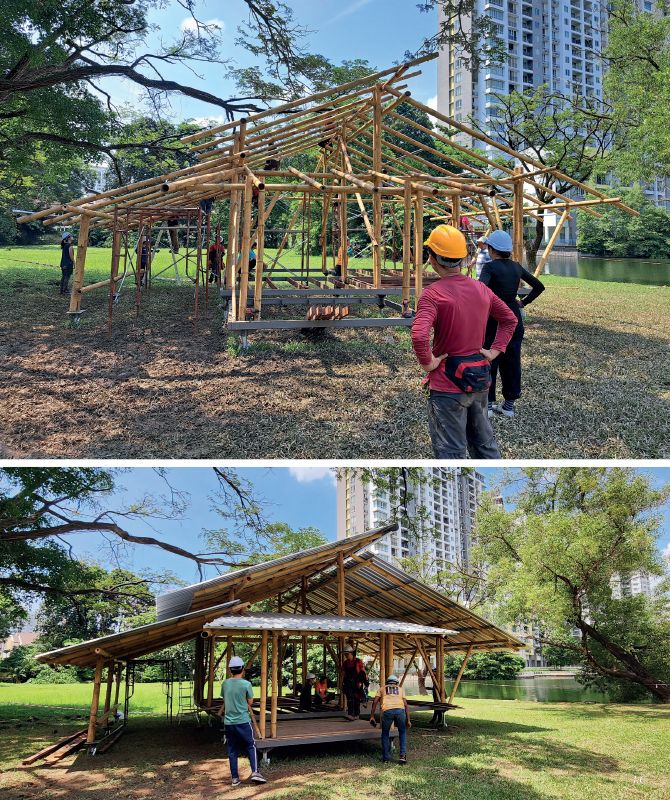 So far, two prototypes have been produced. Oei anticipates that another three to five prototypes are needed to perfect the design. The second prototype was built by EPIC Homes team and volunteers over two weekends in May last year. The house is simple in design, just like the rest of EPIC Homes’ modular houses. Yet, its purpose is profound, as it is expected to revolutionize EPIC Homes’ existing modular homes.
So far, two prototypes have been produced. Oei anticipates that another three to five prototypes are needed to perfect the design. The second prototype was built by EPIC Homes team and volunteers over two weekends in May last year. The house is simple in design, just like the rest of EPIC Homes’ modular houses. Yet, its purpose is profound, as it is expected to revolutionize EPIC Homes’ existing modular homes.
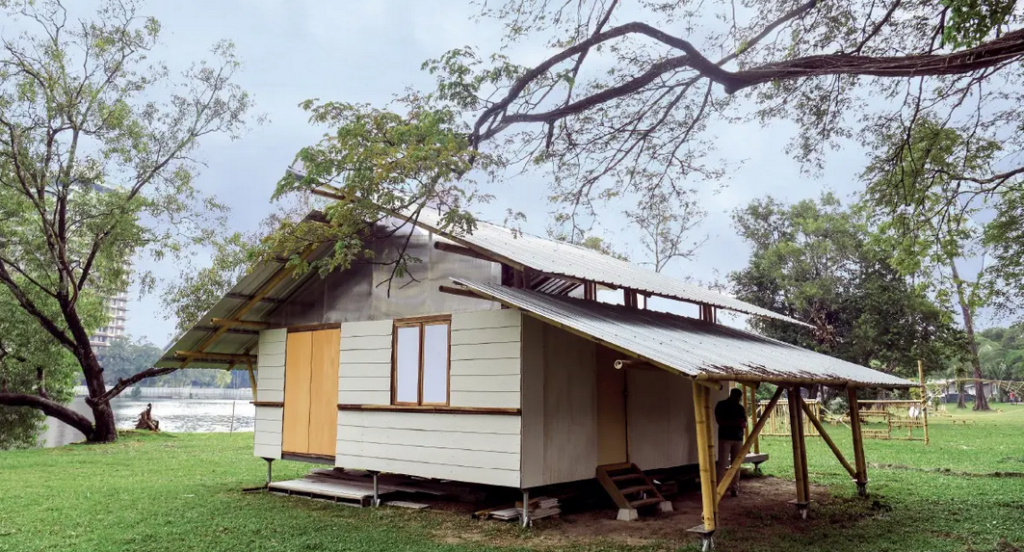 The first prototype was built in 2022 to test bamboo as a structure for home building. “After that, we fine-tuned it and attempted to build an entire house [the second prototype], but it is not [perfect yet]. While we are building a prototype, we are also learning and inspecting,” says Oei.
The first prototype was built in 2022 to test bamboo as a structure for home building. “After that, we fine-tuned it and attempted to build an entire house [the second prototype], but it is not [perfect yet]. While we are building a prototype, we are also learning and inspecting,” says Oei.
“Bamboo needs a rebranding among the Orang Asli community because the way they treat bamboo results in the bamboo lasting only about two years. Therefore, their old houses, which were built using bamboo, easily break down and they have to rebuild the house. That gets very tiring,” says Oei.
EPIC Homes has set up a harvesting and treatment center with bamboo experts to redefine that perception and produce refined, high-quality and durable bamboo products. Doing so also means that the collaboration will create a new construction standard for bamboo, as Oei says there are no building codes for bamboo in the country.
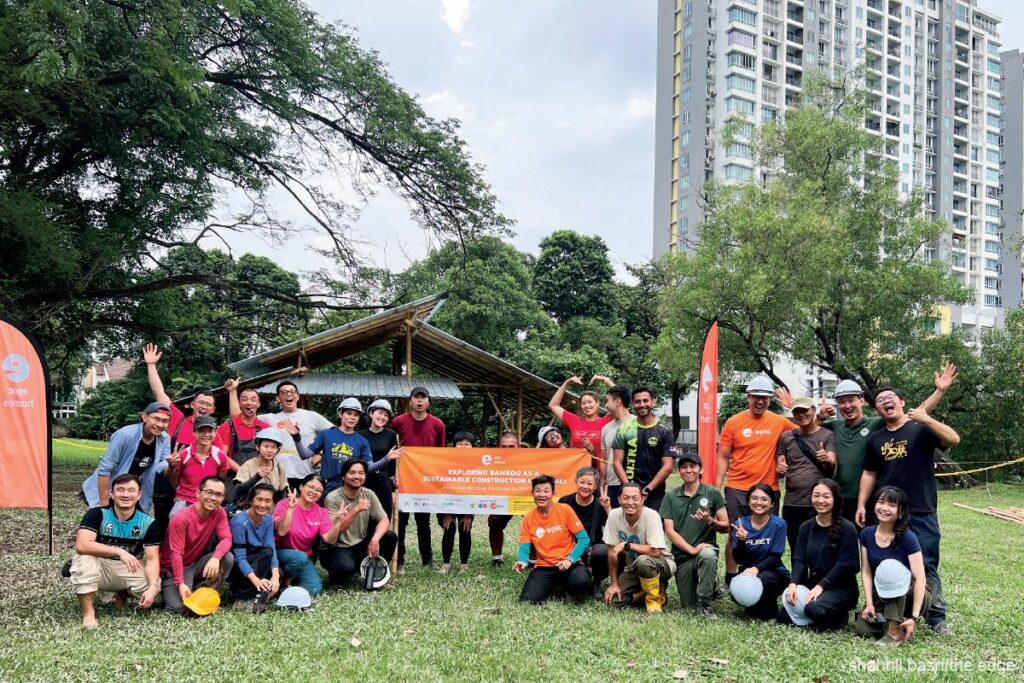 While the EPIC team extends its services to build homes for the villagers, it also encourages them to participate in the building exercise. “The whole objective of this exercise is to show the community the potential they have within their community — that if they work together, they can overcome challenges that they could not have imagined overcoming. This exercise helps them grow their teamwork and belief system [in their community] and they start to see how they can effectively work together,” he says.
While the EPIC team extends its services to build homes for the villagers, it also encourages them to participate in the building exercise. “The whole objective of this exercise is to show the community the potential they have within their community — that if they work together, they can overcome challenges that they could not have imagined overcoming. This exercise helps them grow their teamwork and belief system [in their community] and they start to see how they can effectively work together,” he says.
Ultimately, EPIC Homes is more than just building homes. It is also about empowering and improving the livelihood of the entire community. “We don’t just build a house and call it a day. That is not what success is about. Success is about empowering the community and showing them how they can independently improve their livelihood and that of their neighbors,” he says.
You can read the original article at theedgemalaysia.com

